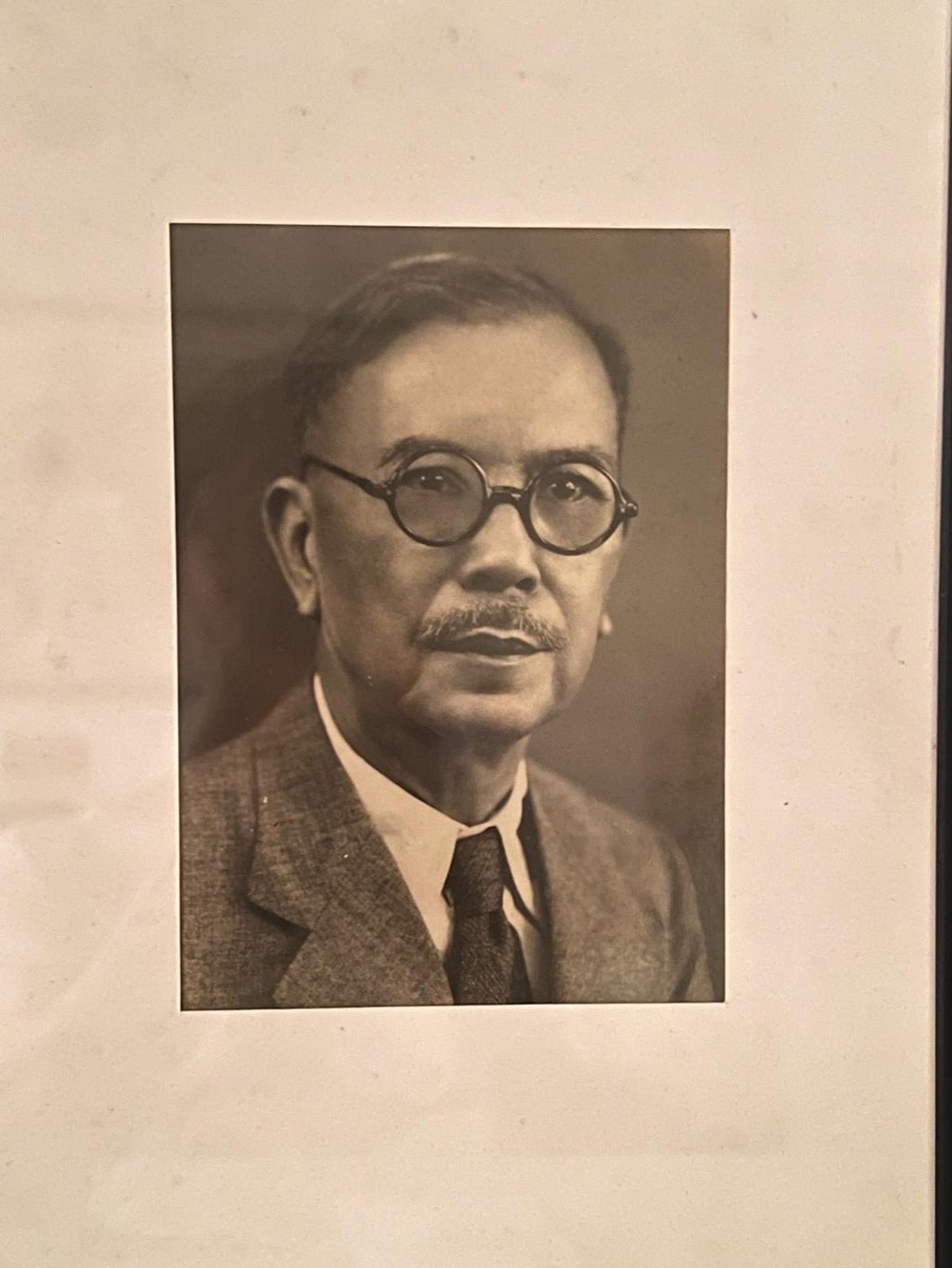The Burma Road, a 1,200km-long lifeline as it became known, allowed goods to be shipped from Yangon (then Rangoon) and driven across the country into the interior of China, while its ports were blockaded by Japanese ships.
But the convoys needed drivers, mechanics and guides to make the treacherous journey through the slippery mountainous terrain, a route made more perilous by the Japanese bombers overhead.
But from Malaysia to the Philippines, the heroics of the volunteer fighters, medical professionals, fundraisers and community organisers would also help knit Chinese migrants – often newcomers who moved for short-term work – into the new national stories of their adopted countries.
On Wednesday, China will mark the 80th anniversary of the end of World War II, giving a chance for those diaspora stories of heroism, suffering and resistance to be retold.



